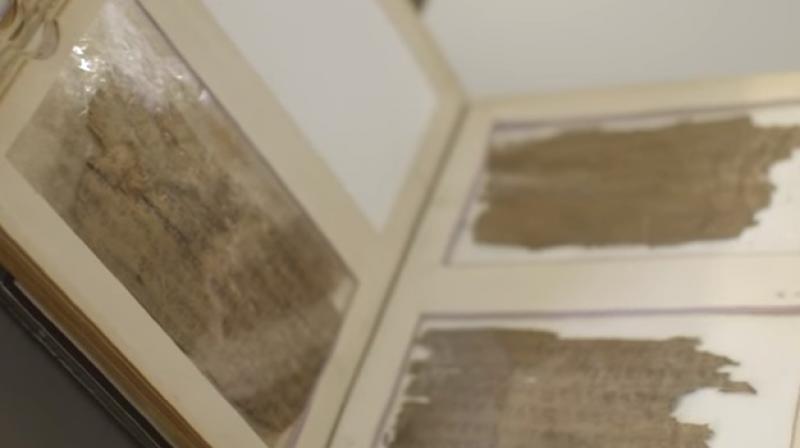First evidence of zero discovered

Scientists have discovered evidence of the zero symbol in the Indian Bakhshali manuscript, a mathematical text which was discovered in 1881.
Carbon dating indicates tha the manuscript dates from as early as 3rd century, making it the world’s oldest recorded origin of the zero symbol.
The experiment, conducted by the University of Oxford, saw the using radiocarbon dating on the Bakhshali manuscript which revealed that it dates from as early as the 3rd century, which is five centuries older tha nprevoiously estimated.
This means that the manuscript predates a 9th-century inscription of zero on the wall of a temple in Gwalior, Madhya Pradesh, which was thought to be the oldest example of a zero.
According to lead author of the study Professor Marcus du Sautoy, the creation of zero as a number in its own right, which evolved from the placeholder dot symbol found in the Bakhshali manuscript, was one of the greatest breakthroughs in the history of mathematics.
Speaking to The Daily Mail, he added, “We now know that it was as early as the 3rd century that mathematicians in India planted the seed of the idea that would later become so fundamental to the modern world. The findings show how vibrant mathematics have been in the Indian sub-continent for centuries.”
According to the scientists, the dot was used as a 'placeholder' to indicate orders of magnitude in a number system – for example, the zero denoting a lack of tens in 101.
Furthermore, it was only in India that the zero developed into a number in its own right, when Brahmagupta, an Indian astronomer, wrote Brahmasphutasiddhanta in the sixth century, which is the first document to discuss zero as a number.

